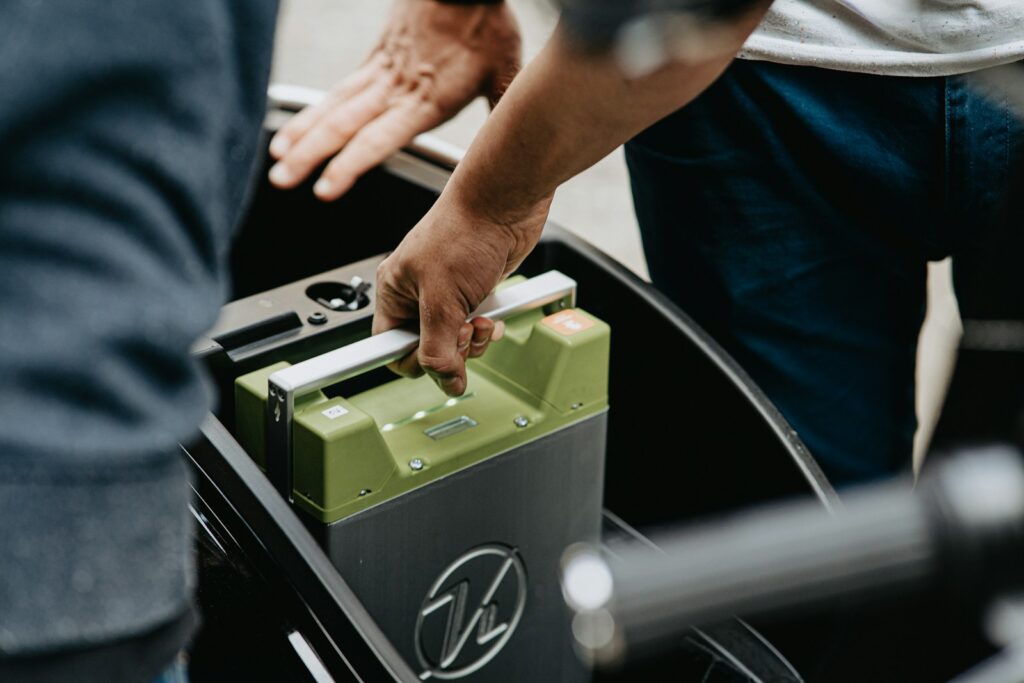An £8m project will develop buildings which are responsive to the natural environment, use living engineered materials, process their own waste, reduce pollution, generate energy and support a biological environment that benefits health.
Newcastle and Northumbria Universities have been jointly awarded £8m from Research England’s Expanding Excellence in England fund to establish the world’s first research Hub for Biotechnology in the Built Environment (HBBE).
The new hub will include The OME, an experimental biological house, which will be built on Newcastle University’s campus.
A living lab, the OME will be used as an experimental facility to test and showcase the hub’s ground-breaking research.
The HBBE will comprise a Micro-Design Lab, based at Northumbria University and a Macro Bio-Design Lab at Newcastle University, which will allow the team to develop new technologies from molecules up to buildings.
The HBBE will also develop new microbial technologies which will act as a metabolism, processing a building’s waste and generating energy.
The hub will create living materials, using microbes, and investigate how healthy environments can be developed by better understanding the way the microbiome of the built environment and humans interact.
Hub co-director Dr Martyn Dade-Robertson, a Reader in Design Computation in the School of Architecture, Planning & Landscape at Newcastle University, said: ‘This is incredibly exciting opportunity to create a new field of research.
‘By bringing together architects, engineers and bio-scientists, working with industry and investing in state-of-the-art facilities we are aiming to rethink the building industry.”
Hub co-director, Professor Gary Black, Northumbria University added: ‘We want to use the very latest biotechnologies to create living homes that are responsive to, and protective of their environment and the people who live in them.
‘The current construction of buildings is unsustainable due to its carbon footprint, the hope would be to use this model in housing in the future.’
The HBBE will officially launch on August 1 2019.

















